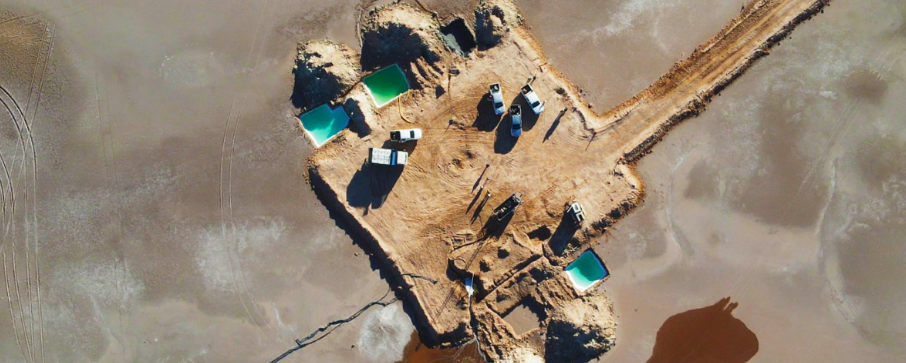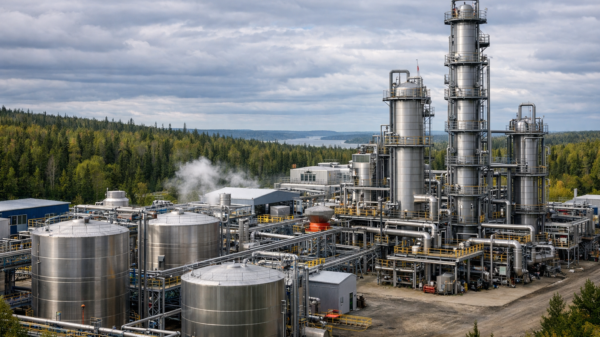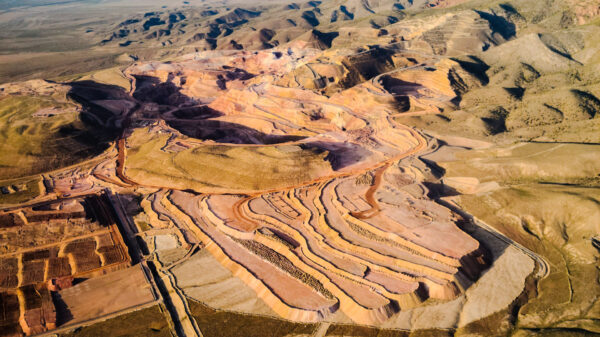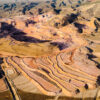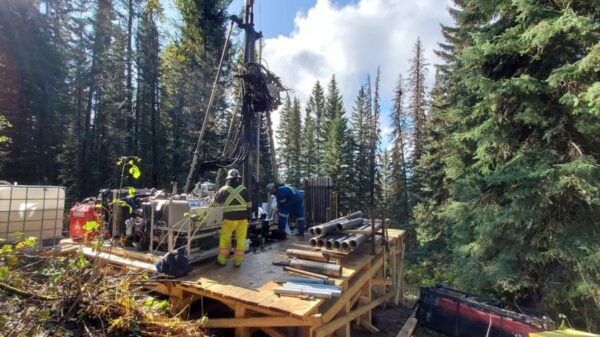The Indian mining company KABIL (Khanij Bidesh India Ltd) will invest US$25.7 million in Argentina lithium over the next five years. India’s mines minister Pralhad Joshi announced the development on Tuesday.
The funds will be allocated to five lithium claim blocks near Fiambalá, a town on the western side of the Catamarca province. India’s Ministry of Mines approved the investment proposal last month.
KABIL aims to finalize an exploration and development agreement with the province’s state-owned company CAMYEN by the end of January. The Indian miner also plans to open a branch office in Catamarca.
KABIL is a joint venture partially owned by India’s government. It comprises National Aluminum Company Limited (NSE: NATIONALUM), Hindustan Copper Ltd. (NSE: HINDCOPPER) and Mineral Exploration and Consultancy Limited.
The joint venture company is currently pursuing 12 of the 30 critical minerals identified by India’s government. Namely lithium, cobalt, germanium, indium, beryllium, niobium, selenium, gallium, tantalum, tungsten, bismuth and tin.
India tapping overseas to secure supply of critical minerals like Lithium and Cobalt. pic.twitter.com/Vly5Fii7Fw
— Pralhad Joshi (@JoshiPralhad) January 3, 2024
Read more: Lithium South Development technical report shows 40% increase in lithium recovery
Read more: Lithium South Development first production well installed at Hombre Muerto lithium project
Lithium demand expected to accelerate
The demand for lithium is showing no signs of slowing and Argentina is one of the most attractive mining jurisdictions for the battery metal.
The French mining company Eramet S.A. (EPA: ERA) recently announced that it was investing a whopping US$800 million in the country’s lithium sector.
Argentine President Javier Milei just implemented a series of measures that will help cut costs for miners as well.
The country is home to major lithium brine operations run by established companies like POSCO (KRX: 005490), Allkem Ltd (TSX: AKE) and Livent Corporation (NYSE: LTHM).
Argentina currently supplies about 6 per cent of the world’s lithium. Some have predicted that it could potentially even surpass Chile by 2030, which currently generates about 26 per cent. The country’s lithium industry is less regulated than Chile’s too, helping to pave the way for junior miners looking to cash in on the opportunity.
Early-stage companies developing the sector include Argentina Lithium & Energy Corp. (TSX-V: LIT) (OTC: PNXLF), Recharge Resources Ltd. (CSE: RR) (OTC: RECHF) and Lithium South Development Corporation (TSX-V: LIS) (OTCQB: LISMF) (Frankfurt: OGPQ).
Annual lithium exports from the country could potentially reach US$5.6 billion by 2025, analysts say. Over 70 per cent of the nation’s proven lithium resources have not been prospected or drill-tested.
Argentina exported 44,000 tonnes of lithium in 2022, valued at US$696 million.
Lithium South Development Corporation is a sponsor of Mugglehead news coverage
rowan@mugglehead.com

